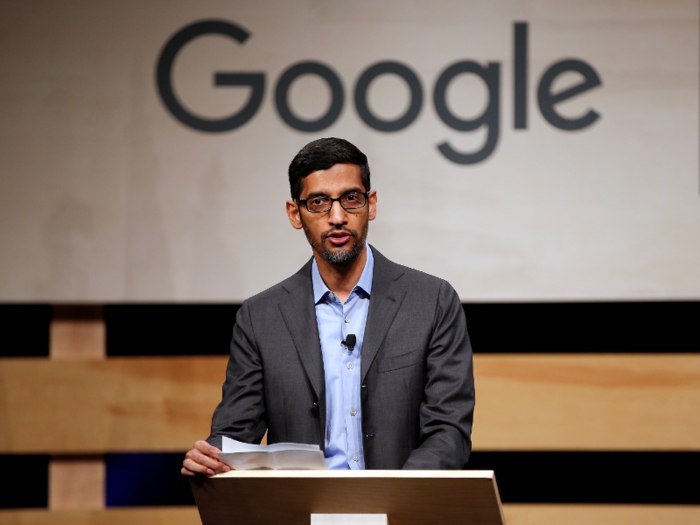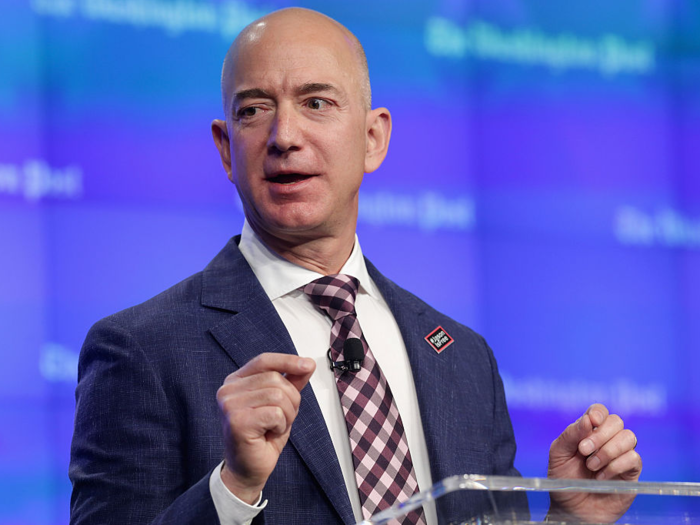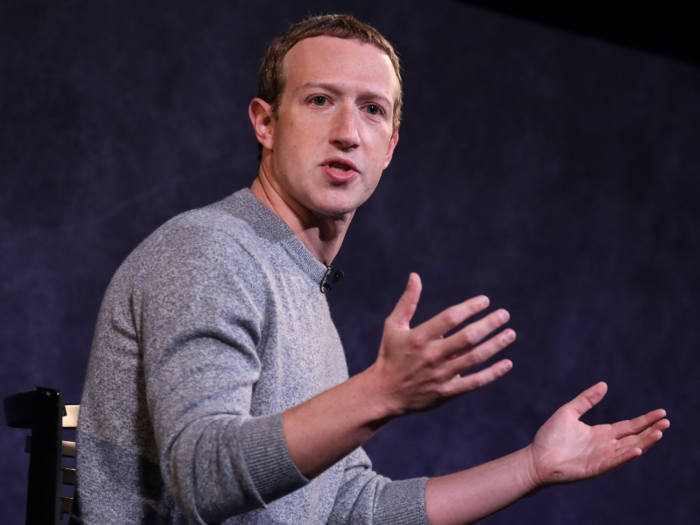Earlier this month, Sonos sued Google, alleging that the tech giant infringed on five of its patents.
But Sonos CEO Patrick Spence's testimony against Google went far beyond that.
The advantages Google has in marketing its own products "are like nothing we've ever seen before," Spence said. For instance, Spence alleged that Google had pressured Sonos to only allow its speakers to sync up with Google Assistant, rather than also offer it on Amazon's competing voice assistant Alexa.
"Looking at leveraging market dominance to dominate another category has to be thought through. Is that the spirit of the kind of world we want to live in?" he later added.
Threats of retaliation were also of ongoing concern to the testifying companies.
"We could lose our listing in DuckDuckGo and we wouldn't even tell. We lose Google and we lose our business," PopSockets CEO David Barnett said.
Basecamp CTO David Heinemeier Hansson also had concerns on his company's presence on the search engine. Google makes up more than 40% of Basecamp's traffic, per Reuters, but it allowed competitors to buy ads on Benchmark's trademark and block consumers from reaching the site, Hansson said. The company could only compete by similarly buying ads on Google search.
"Sonos has made misleading statements about our history of working together. Our technology and devices were designed independently. We deny their claims vigorously, and will be defending against them," Google told Business Insider in a statement.
"For trademarked terms like the name of a business, our policy balances the interest of both users and advertisers. Like other platforms, we allow competitors to bid on trademarked terms because it offers users more choice when they are searching. However, if a trademark owner files a complaint, we will block competitors from using their business name in the actual ad text," Google said.



